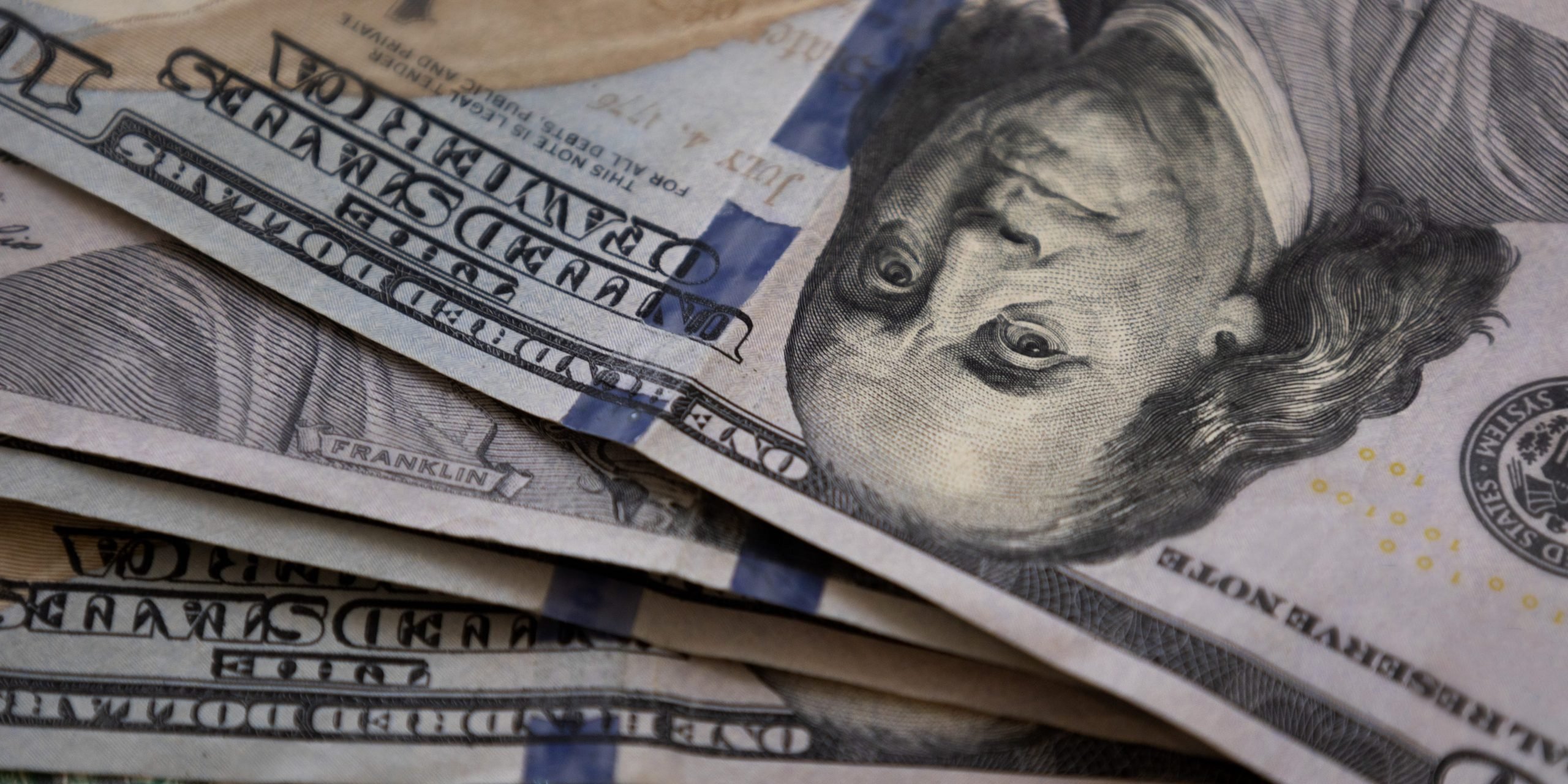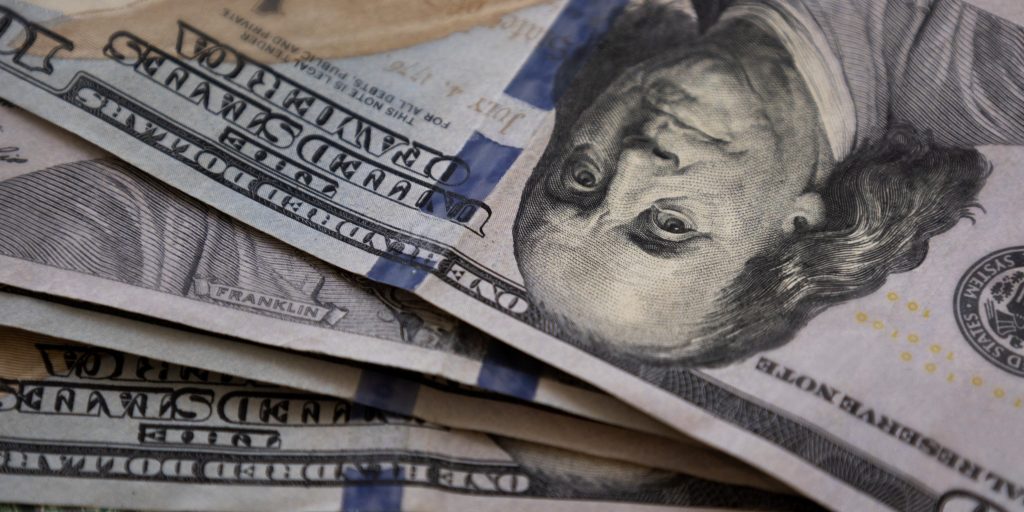
Getty Images
- The government will return nearly $30,000 it seized from Kermit Warren last year.
- DEA Agents in 2020 stripped Warren of his life savings, thinking the funds were connected to drugs.
- "What happened to me should never happen to anybody in this world," Warren told NBC News.
In November 2020, Drug Enforcement Administration agents at the Columbus, Ohio, airport seized nearly $30,000 from Kermit Warren on the suspicion that the funds were connected to drugs – depriving the out-of-work New Orleans shoe shiner of his entire life savings.
Warren was carrying the large amount of cash in hopes of purchasing a tow truck, but the purchase had fallen through, and when the grandfather failed to provide suitable answers to officials' questions about the money, authorities stripped him of the cash completely, even though he was not charged with a crime.
Now, after nearly a year of financial hardship and legal woes, Warren is finally getting his money back.
The government agreed this week to return the funds and dismiss the civil forfeiture case against Warren, according to the Institute for Justice, a non-profit law firm that was representing Warren. NBC News obtained a settlement agreement confirming the dismissal.
"It gives me a great amount of joy and peace," Warren told the outlet. "What happened to me should never happen to anybody in this world."
Warren lost his money through a process called civil asset forfeiture, which allows the federal government to take people's property, even without charging them with a crime, if they believe the funds are connected to criminal activity. According to NBC, authorities strip thousands of people of their money each year.
While supporters of the rule maintain its a necessary device for law enforcement to combat drug traffickers, opponents of the process argue that it frequently harms innocent people and is used disproportionately against people of color.
Trying to fight a civil forfeiture is a timely and expensive process, meaning many choose to let it go and count their losses.
"Kermit's case highlights how the federal government abuses civil forfeiture. It seizes cash on the flimsiest of pretexts - traveling with cash at an airport - and effectively forces people to prove their own innocence to get their money back," a press release from the Institute for Justice said.
But walking away from his $28,180 was not an option for Warren, who lost his shoe shining job at a New Orleans hotel at the onset of the pandemic and was scoping out a truck in Ohio in hopes of expanding his gig scrapping metal, according to NBC.
Once Warren and his son arrived in Ohio, the purchase of the truck fell through, and the two men headed back to New Orleans with the cash in tow. According to the outlet, a TSA screener initially saw the cash but let Warren continue through security. However, DEA agents soon approached Warren and began questioning him about the funds.
Warren, who reportedly panicked and falsely told officials he was a retired police officer, could not adequately explain the source of the money to authorities, and drug-sniffing dogs were soon brought in. Court documents reviewed by NBC said the presence of drugs was detected on some of the money, though research suggests that the majority of in-circulation currency likely has traces of drugs on it.
Law enforcement took Warren's money and sent him and his son on his way. Soon after, Warren challenged the government's seizure and found legal backing from the Institute for Justice. When his lawyers provided prosecutors with text messages and financial documents exonerating Warren, the government dismissed the case and agreed to return the funds to Warren.
Prosecutors said they would do their best to have Warren's funds returned to him by Thanksgiving, according to NBC.
He told the outlet that he won't ever again travel with such large amounts again.
Dit artikel is oorspronkelijk verschenen op z24.nl
